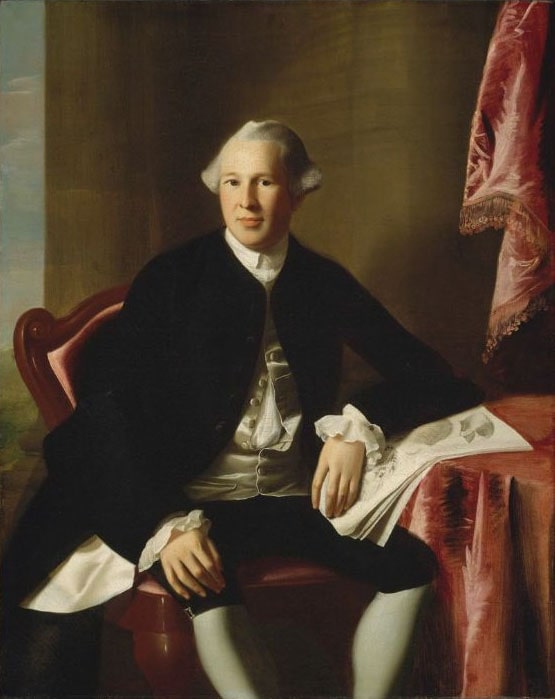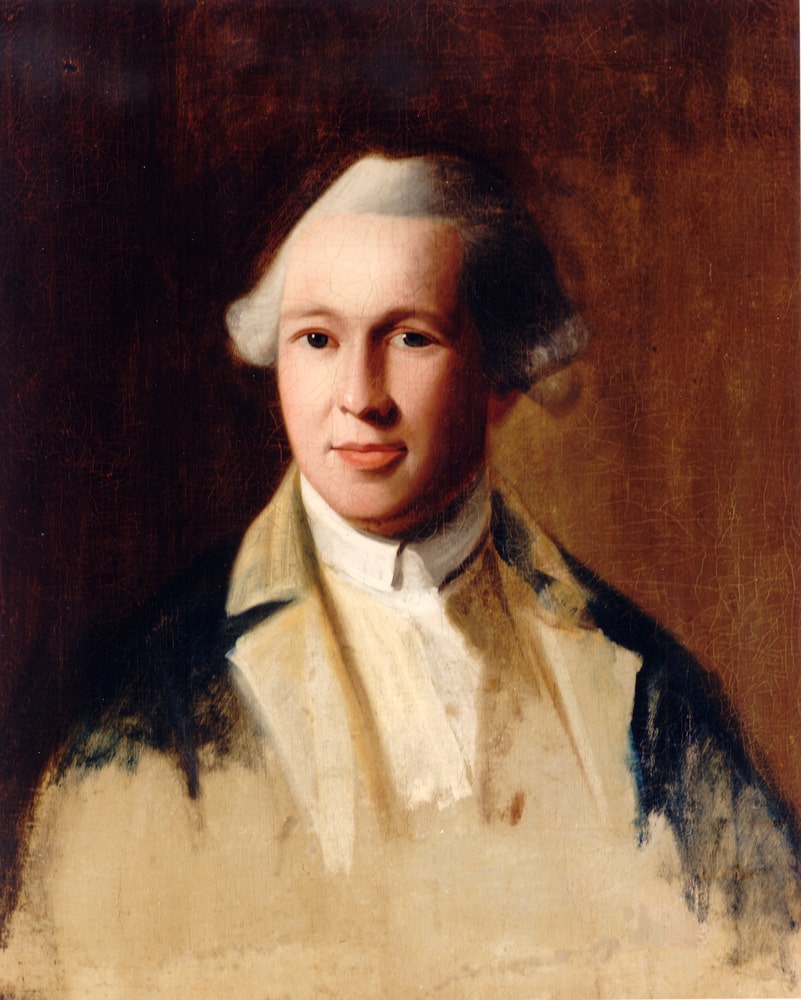Contents

Contents
Quick facts
- Born: 11 June 1741 in Roxbury, Massachusetts.
- Joseph Warren was an influential American physician, soldier, and Patriot, known for his key role in the early stages of the American Revolutionary War.
- He served as President of the Massachusetts Provincial Congress and was a major figure in organizing the American resistance in Boston.
- Warren sent Paul Revere and William Dawes on their famous “midnight rides” to warn of British troop movements before the Battles of Lexington and Concord.
- He played a significant role in the Battle of Bunker Hill, where he volunteered as a private soldier despite his rank of Major General and was killed in action.
- His death at Bunker Hill made him a martyr for the Patriot cause and a symbol of American courage and sacrifice.
- Warren was also a member of the Sons of Liberty and actively participated in protests against the British, including the Boston Tea Party.
- Died: 17 June 1775 in Charlestown, Massachusetts.
- Buried at Forest Hills Cemetery in Boston.
Biography
Joseph Warren, American patriot and politician, was born at Roxbury, Massachusetts, in 1741. He graduated from Harvard College in 1759, taught in a school at Roxbury in 1760 – 61, studied medicine, and began to practice in Boston in 1764. The Stamp Act agitation aroused his interest in public questions. He soon became associated with Samuel Adams, John Adams and Josiah Quincy, Jr., as a leader of the popular party, and contributed articles and letters to the Boston Gazette using the signature True Patriot.

The efforts of Samuel Adams to secure the appointment of committees of correspondence met with his hearty support, and he and Adams were the two leading members of the first Boston Committee of Correspondence, chosen in 1772. As chairman of a committee he drafted the famous Suffolk Resolves,
which were unanimously adopted by a convention at Milton on the 9th of September 1774. These resolves
urged forcible opposition to Great Britain if it should prove to be necessary, pledged submission to such measures as the Continental Congress might recommend, and favored the calling of a provincial congress.
Warren was a member of the first three provincial congresses (1774 – 1775), president of the third, and an active member of the Committee of Public Safety. He took an active part in the fighting at Lexington and Concord (14-Apr-1775), and was appointed Major General of the Massachusetts troops, next in rank to Artemas Ward, on 14 June 1775. Three days later, before his commission was made out, he took part as a volunteer, under the orders of militia General Israel Putnam and Colonel William Prescott, in the Battle of Bunker Hill (Breed’s Hill), where he was killed.
Next to the Adamses, Warren was the most influential leader of the extreme Whig faction in Massachusetts. His tragic death strengthened their zeal for the popular cause and helped to prepare the way for the acceptance of the Declaration of Independence. Warren’s speeches are typical examples of the old style of American political eloquence. His best-known orations were those delivered in Old South Church on the second and fifth anniversaries (1772 and 1775) of the Boston Massacre.

